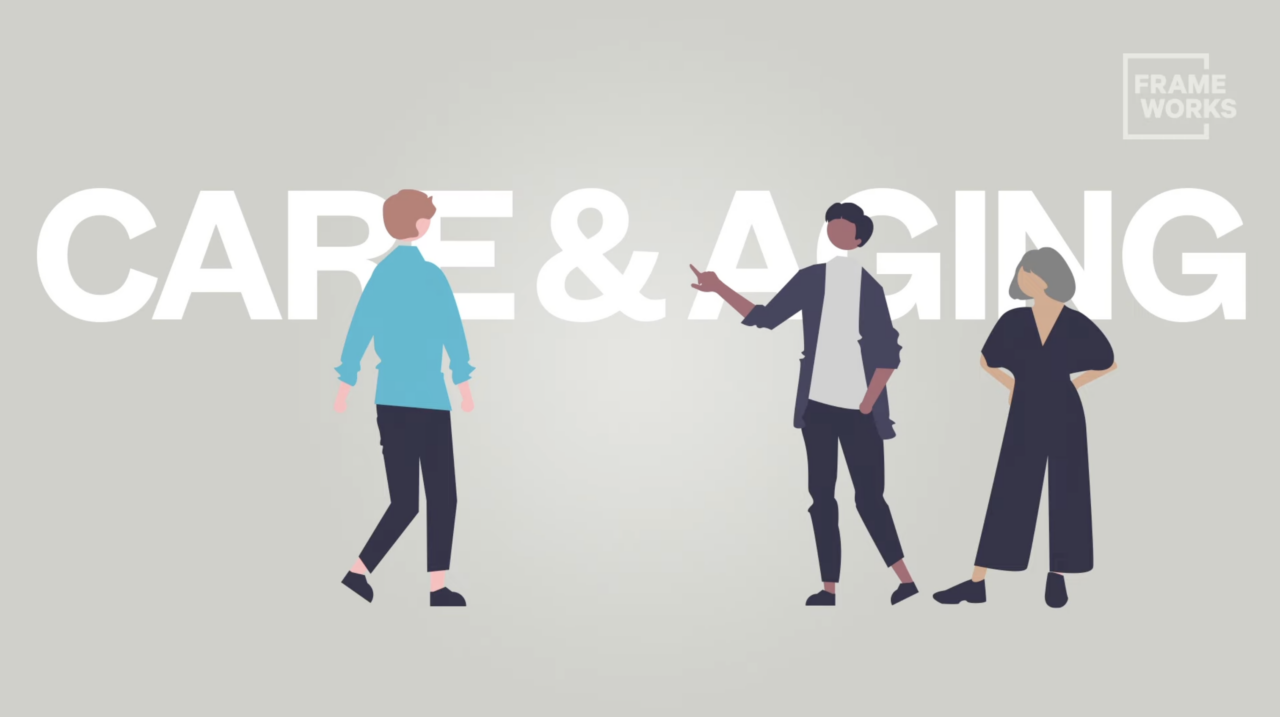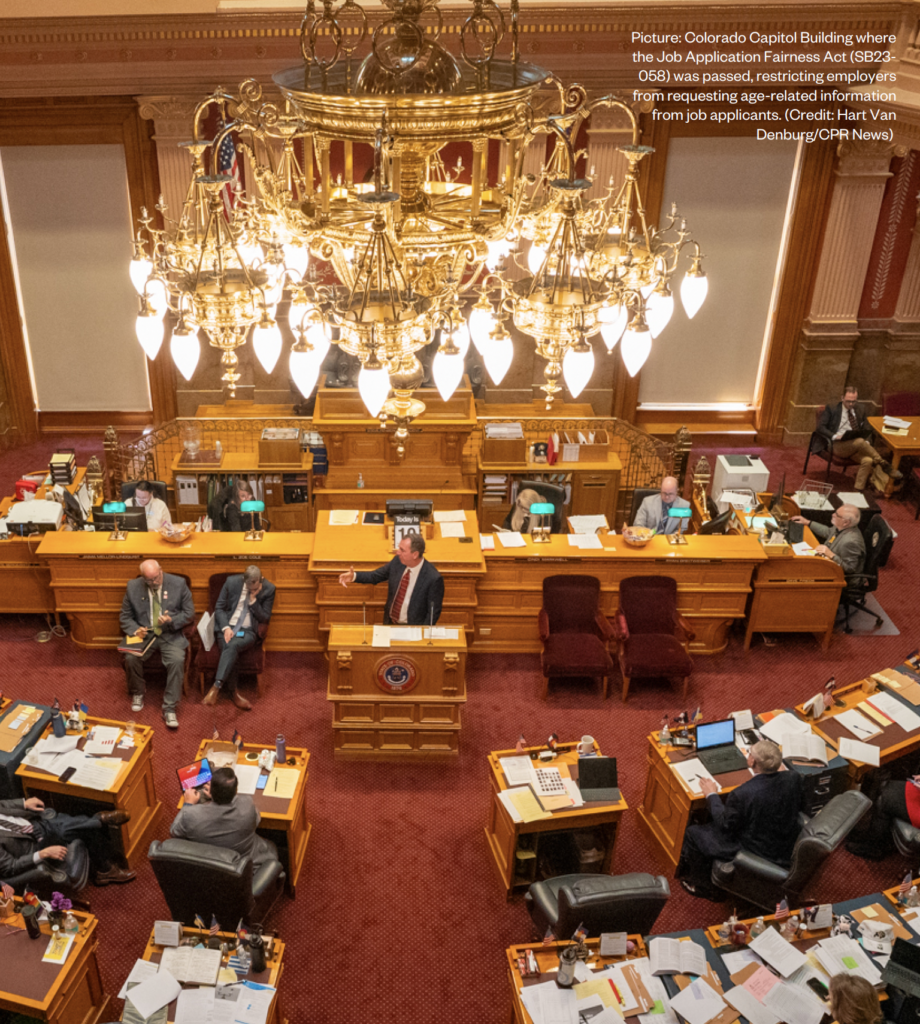Impact Story / Dec 11, 2023
Impact Spotlight: Aging and Ageism

It’s 2023 and ageism is on people’s radar. A decade ago, however, it wasn’t —most people weren’t thinking about ageism in conversations about older Americans. In 2015, in collaboration with the Leaders of Aging Organizations, we published a report which found that Americans lacked an understanding of ageism and how age discrimination compromises the opportunities and wellbeing of older adults.
Across our interviews for the report, participants did not mention the topic of ageism—it simply wasn’t top-of-mind. Because of this, people often misunderstood or dismissed efforts to address ageism. Our researchers also identified gaps when it came to recognizing the role of contextual, social, and systemic factors related to the experience of ageism, as well as awareness of policy and its implications for aging. We later published research and reframing recommendations focused on confronting injustice and providing a positive vision of the potential of an aging society.
Together with advocates around the country, we have helped channel these insights to shape communication strategies across the field. Our partners at the National Center to Reframe Aging are dedicated to changing public understanding about aging by building infrastructure for disseminating framing concepts and helping others in the field learn and implement reframing strategies. Their efforts—and the efforts of the many passionate advocates working to advance this movement— have led to more robust conversations around aging and ageism, bringing attention to the very concepts that were absent from public discourse less than a decade ago.
Today, we recognize these concepts throughout our broader culture and in the media. It’s become commonplace for news headlines to call out ageism; only this year, publications like Time Magazine, Axios, and The New York Times all published pieces about the prevalence of ageism in the United States and how we can address it. Some outlets like ProPublica have reporting beats specifically focused on age discrimination. We are also increasingly seeing conversations about how the experiences of older adults intersect with other identities, such as gender, race, and ability.
Evidence-based framing strategies, like describing ageism as an injustice that can be addressed systemically, have also had implications for emerging policies affecting older adults. In June, Colorado’s governor signed into law the Job Application Fairness Act, prohibiting age discrimination for adults 40 and over. This change will prohibit most instances of inquiry into a job applicant’s age, date of birth, or graduation dates.

The COVID-19 pandemic was accompanied by increased public discourse about older Americans, especially related to the policies that most impact care infrastructure. We’ve seen policy reflect this shift. The same month as the adoption of the Colorado law, advocates in Michigan embarked on a new path to improving nursing homes through an initiative designed to implement systemic solutions like fortifying career pathways for nursing assistants.
We’ve seen policies like these extend beyond the state level. In April, the Biden–Harris Administration announced a set of executive actions with the goal of improving care infrastructure, making care more accessible and affordable, and providing support for care workers across the country. While policies like these extend beyond the experiences of older people, improving care infrastructure is crucial to ensuring that we all have the support we need to thrive. Notably, the Administration’s announcement of these actions points to the factors that necessitate systems change to shape the experiences of older Americans.
The Colorado law is specifically focused on addressing ageism, while the latter examples indirectly impact older Americans by improving the infrastructure that shapes their experiences. Yet, all of these examples demonstrate how advocates have carefully used effective framing and narrative strategies to shape policy.
As the field sees more successful integration of reframing strategies, our work continues to grow. This year, in partnership with The John A. Hartford Foundation, we released a new Fast Frames video series focused on care and aging to help advocates and communicators talk about ageism, quality care, and the importance of building support for the care workforce. Although the shift to more systems-level mindsets about aging and ageism is just one piece of the puzzle, building public understanding of these topics is an essential step toward creating a broader demand for change.